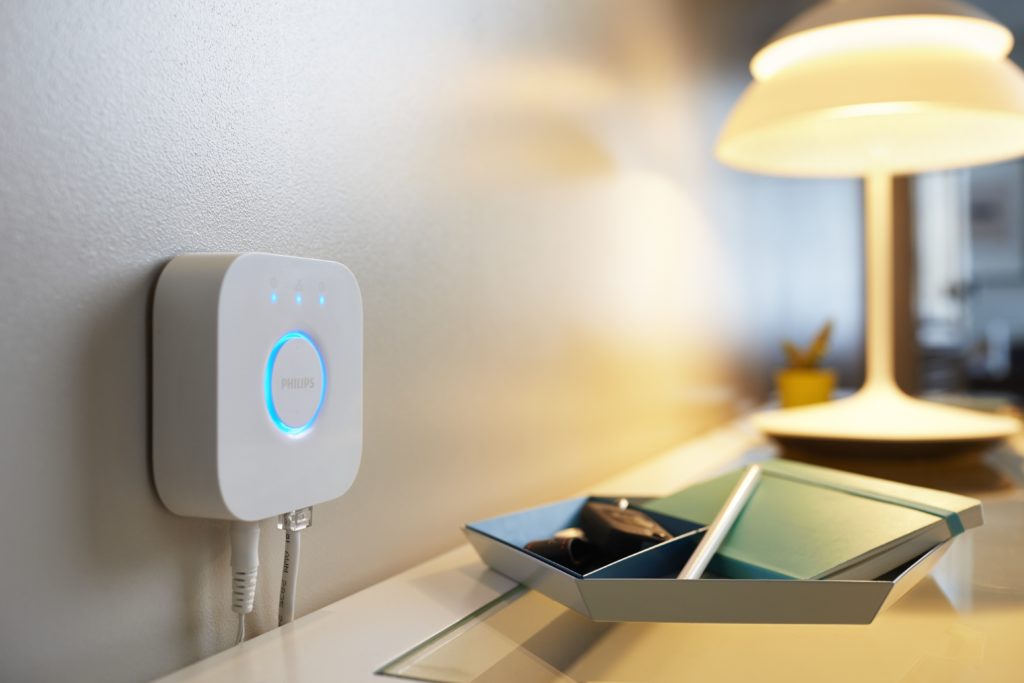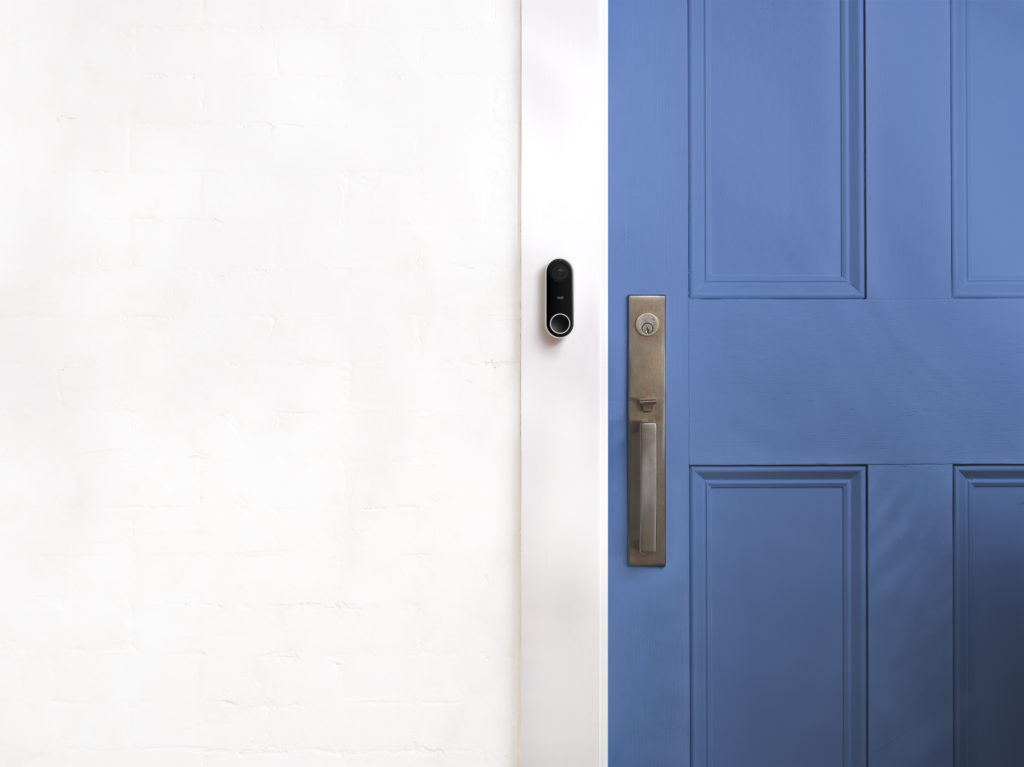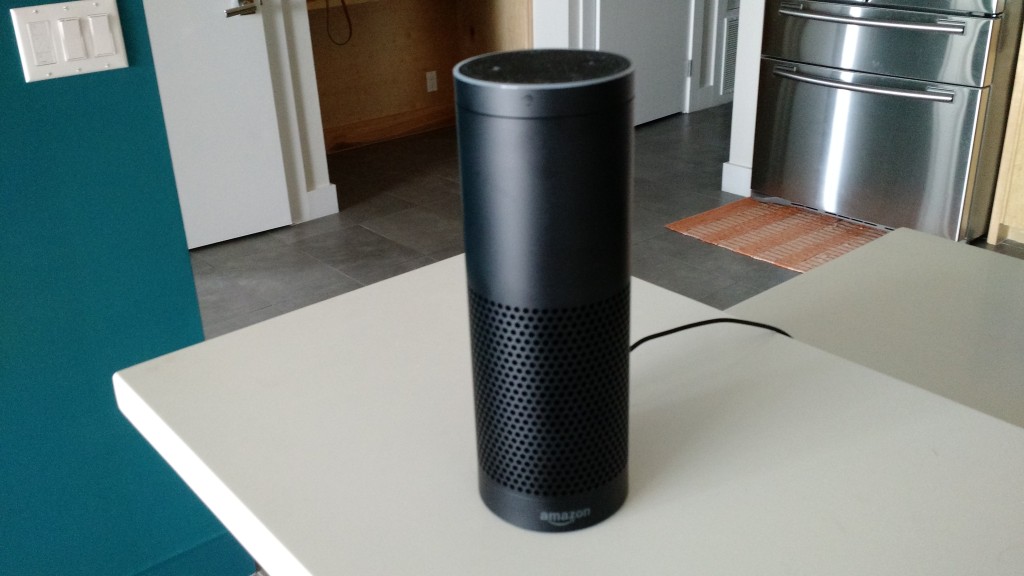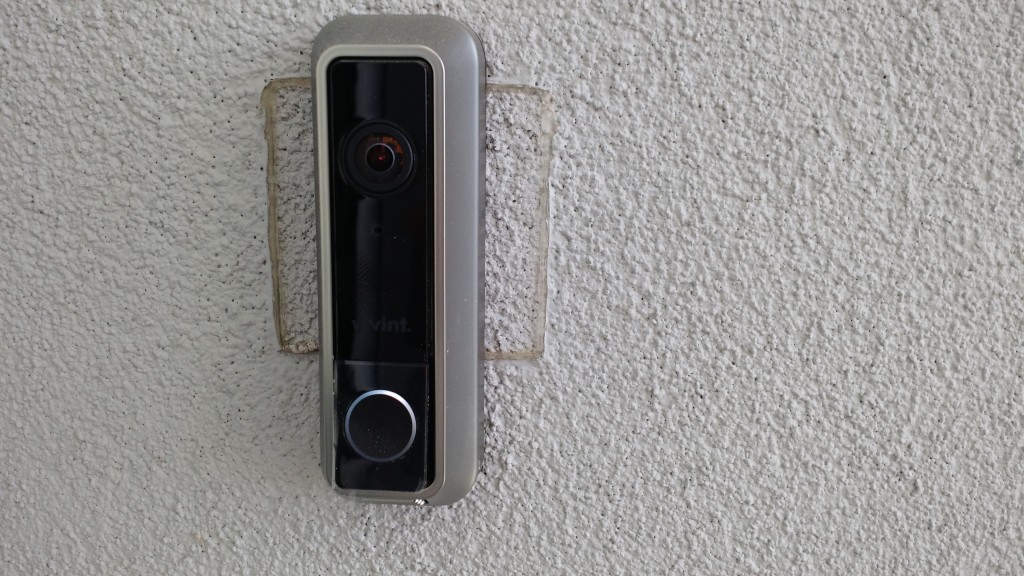Amazon has started laying off workers, including some working on Alexa and in Amazon’s devices business. We discuss this as well as IBM following in Google’s footsteps and shutting down its IoT cloud business. We move from bad news to innovation with the news that the Bluetooth Special Interest Group is investing in new Bluetooth capabilities using the recently available 6 GHz spectrum. We also discuss the latest in Wi-Fi and TP-Link getting the jump on the next generation of Wi-Fi with its new Wi-Fi 7 mesh routers. Also out with new routers is Wyze, which appears to be giving Eero a run for its money. In acquisition news, semiconductor firm Nexperia has acquired energy harvesting chip company Nowi, while energy harvesting device maker EnOcean plans to go public via a Special Purpose Acquisition Company (SPAC). We then discuss the radios inside upcoming Nest speakers, HomeKit locks that won’t get Matter upgrades, and a new Matter-certified smart plug from Meross that won’t be available until next year. Kevin also shares his thoughts on the latest Apple TV 4K and its use in a smart home. Finally, we clarify our answer to last week’s question about DIY Matter devices and answer a question about keeping Matter devices certified.
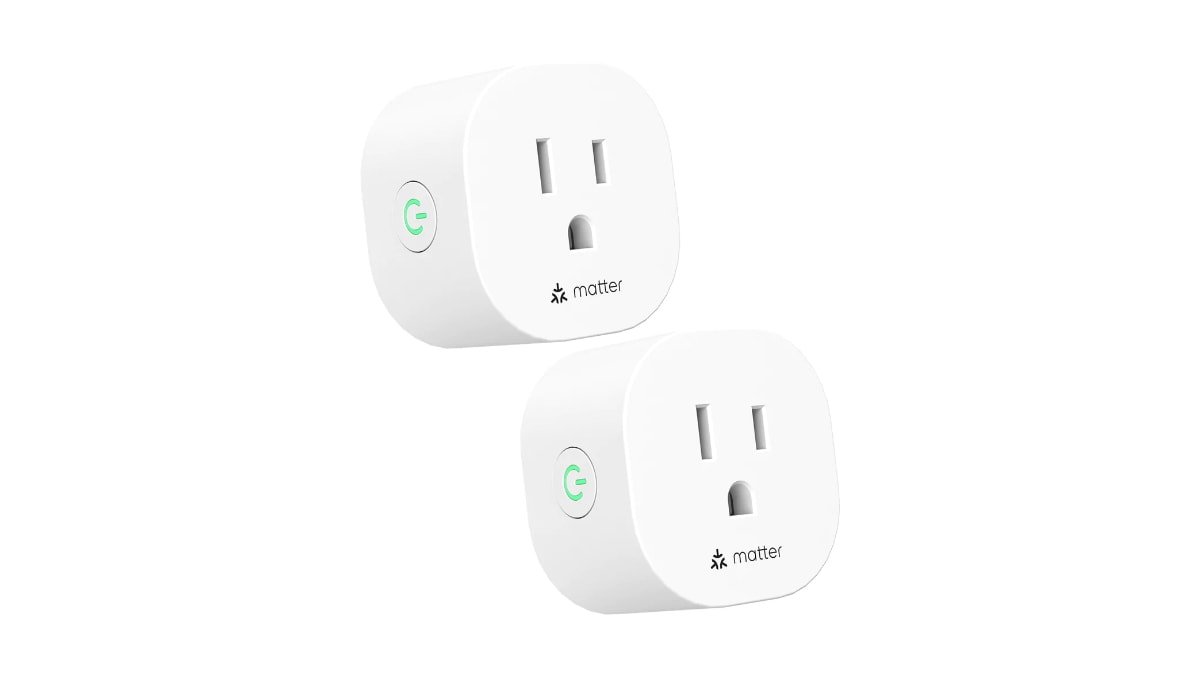
Our guest this week is Michele Pelino, a principal analyst at Forrester. She’s on the show to share four predictions about the IoT, edge computing, and connectivity in the coming year. We discuss the technologies that will entice city planners and lead to more municipal deployments in the hopes of bringing people back to cities. She also shares some bad news about future IoT device failures and the creation of millions of IoT bricks. We also hear predictions and advice on securing the internet of things with a focus on confidential computing and zero-trust security. Finally, she shares her thoughts on the connectivity company to watch in 2023 as satellite wins over companies looking for connectivity in rural and thinly populated areas. Enjoy the show.
Hosts: Stacey Higginbotham and Kevin Tofel
Guest: Michele Pelino, a principal analyst at Forrester
Sponsors: Arm and Silicon Labs
- The Bluetooth SIG eyes spectrum currently used for Wi-Fi 6E
- Big moves in the world of energy harvesting devices
- Does your smart home need the new Apple TV 4K?
- Why cities will invest in tech next year
- Holes in 5G coverage pave the way for Starlink
Podcast: Play in new window | Download | Embed
Subscribe: RSS

